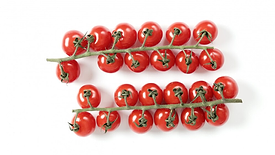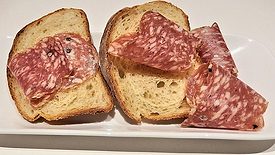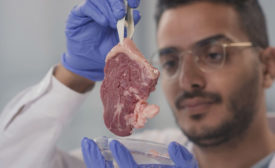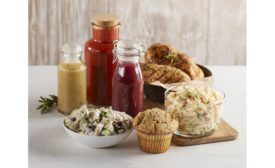Home » shelf life
Articles Tagged with ''shelf life''
Predictive Modeling for Food Safety and Quality of Meat Products
When determining shelf life for meat products, the use of predictive modeling can help prevent spoilage and preserve freshness
December 21, 2021
Never miss the latest news and trends driving the food safety industry
eNewsletter | Website | eMagazine
JOIN TODAY!Copyright ©2025. All Rights Reserved BNP Media.
Design, CMS, Hosting & Web Development :: ePublishing














